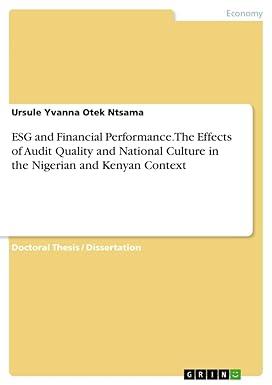AI Is Heading to the Finance Function. Heres How Risk-Averse CFOs Can Adapt written most recently in 2023. In summary, the article emphasizes the benefits
"AI Is Heading to the Finance Function. Heres How Risk-Averse CFOs Can Adapt" written most recently in 2023. In summary, the article emphasizes the benefits and problems that cutting-edge technology, especially artificial intelligence (AI), presents to financial function. It can be challenging for risk-averse CFOs and accountants to embrace change and implement new technologies. But given how quickly AI and automation are developing in the finance sector, financial officers must change or risk falling behind. It makes sense that finance experts would emphasize minimizing risk over being more liberal, given that technology is developing more quickly than rules. When deploying cutting-edge technology like AI, CFOs and financial executives would like to have clear guidelines and control over information exchange. Financial executives know that staying silent is not an option, despite their worries and hesitations. It is predicted that by 2026, 50% of new hires by top-performing corporate finance teams would have credentials other than finance or accounting, indicating that AI and automation will have a big impact on finance tasks. This points to a shift towards a workforce that is increasingly technologically savvy.
One current technology trend that will significantly impact the accounting profession is blockchain technology.
Blockchain is a digital ledger that is distributed and decentralized, securely recording transactions on many computers. The data is guaranteed to be transparent, unchangeable, and tamper-resistant, making it the perfect platform for logging financial transactions. Blockchain will impact the accounting profession in several of the following ways: enhanced transparency and audibility, streamlined financial reporting, and improved efficiency and cost savings. First, blockchain enables real-time monitoring of financial transactions, resulting in a transparent and auditable system. In order to guarantee the quality and integrity of financial data, accountants have access to an unchangeable and chronological record of all financial activity. This lowers the possibility of fraud and increases the effectiveness of audits. Next, Processes related to financial reporting are made easier by blockchain's automated and uniform ledger architecture. Since every party to a transaction uses the same distributed ledger, there is no need for reconciliations across different ledgers. Because of the time savings and decreased manual error, accountants may concentrate on jobs with higher value. Finally, traditional accounting procedures can entail labor-intensive manual work that can be expensive for firms. Blockchain technology can drastically lower operating expenses and boost overall efficiency by automating transaction processing and record-keeping.
Step by Step Solution
There are 3 Steps involved in it
Step: 1

See step-by-step solutions with expert insights and AI powered tools for academic success
Step: 2

Step: 3

Ace Your Homework with AI
Get the answers you need in no time with our AI-driven, step-by-step assistance
Get Started


